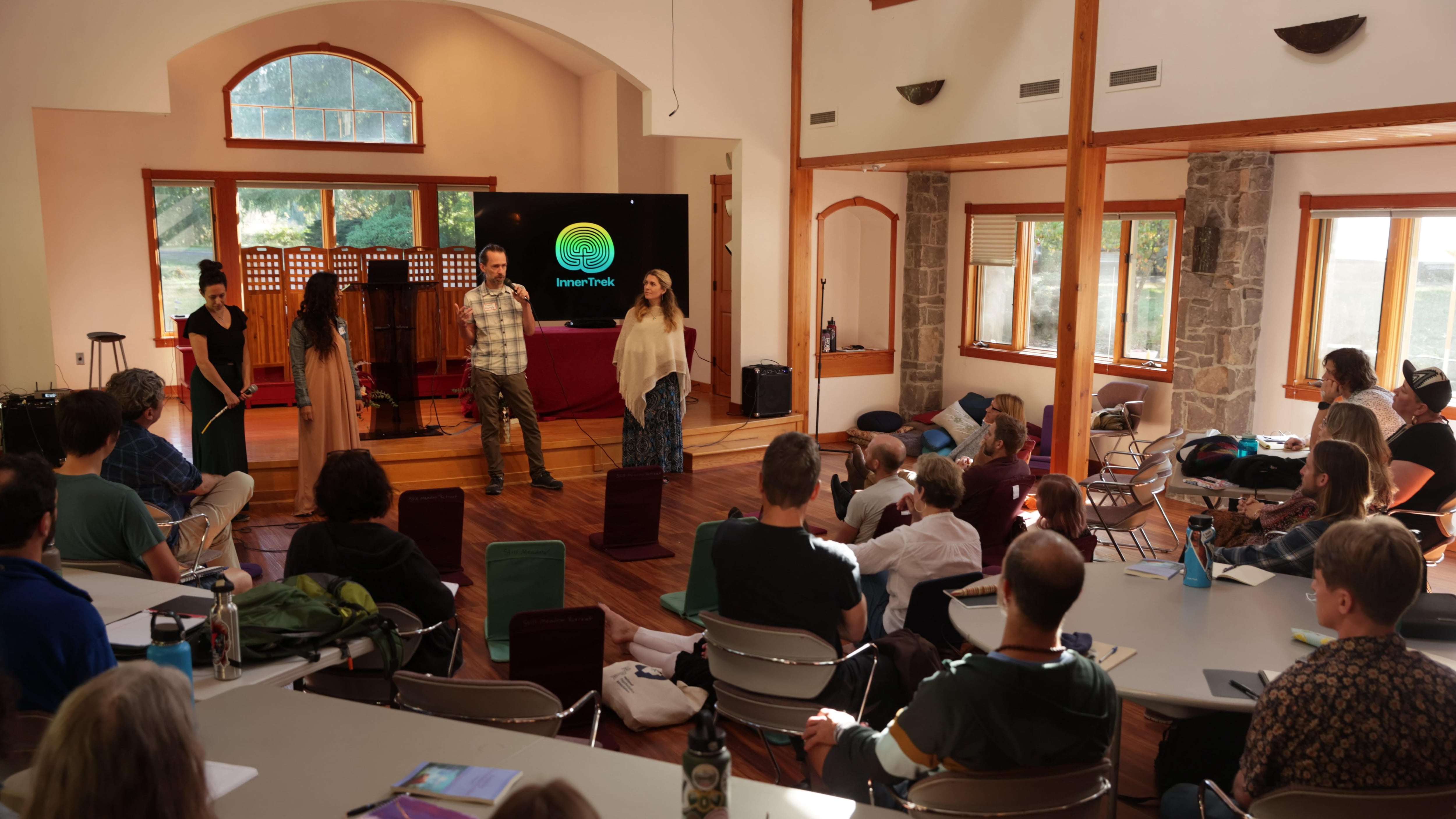The Healing Advocacy Fund, a local nonprofit that supports the use of psychedelic mushrooms for mental health, says it has given $50,000 to the first group of trip guides, enough to pay for the training of 10 of them.
Voters legalized the therapeutic use of psilocybin through Measure 109 in 2020. The measure allows people 21 and over to use mushroom at a licensed facility under the supervision of a licensed facilitator or guide.
The money will go to three schools that are training students in Oregon: InnerTrek, Synaptic and Fluence. Healing Advocacy plans to donate another $100,000 for guide training later in the year.
“Diverse, highly trained facilitators are essential to a safe, equitable and quality psilocybin therapy program,” says Sam Chapman, executive director of the Healing Advocacy Fund. “Part of the success of our program means having psilocybin therapy facilitators who come from like the communities they want to serve.”
Critics of Oregon’s psilocybin therapy program have said that the high cost of training therapists, vetting producers, and certifying centers where treatment can be done will put psychedelics therapy out of reach of many who need it. Tuition at therapy schools runs from $8,000 to $10,000 for six-month courses.
Healing Advocacy says its scholarships will offset some of the cost and help get more people involved in an emerging field.
“I would love to be a part of this groundbreaking effort and represent the growing number of BIPOC community member healers and physicians who are preparing to utilize this framework in Oregon to truly embody the change we all envision in this world,” says Dr. Jarrod Franklin, one of the first 10 Healing Advocacy Fund facilitator fellows.
Oregon Psilocybin Services, a new section of the Oregon Health Authority, began accepting applications Jan. 2 for five types of licenses—facilitator, service center, manufacturer, testing laboratory and worker.

